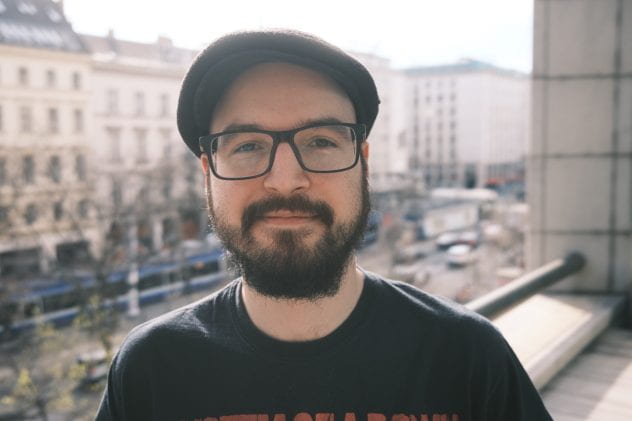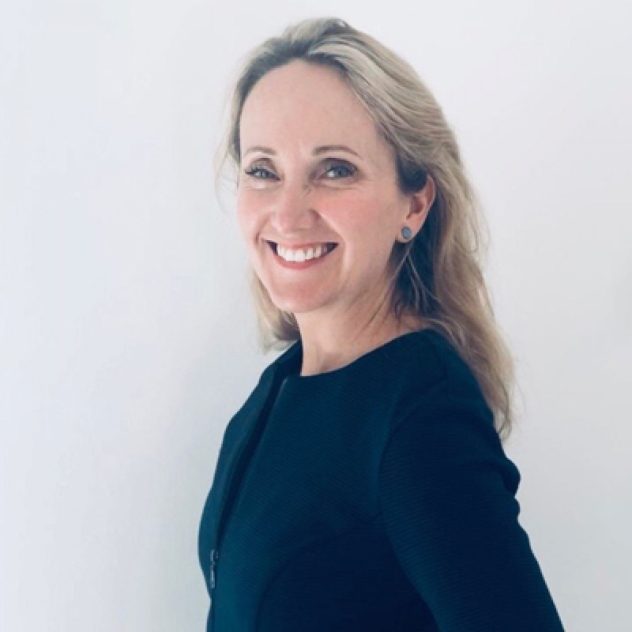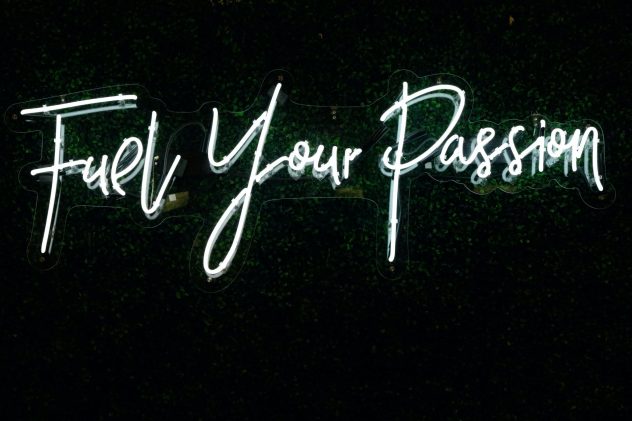We hope you’re all having a great summer and continuing to write and create wonderful stories. Here’s our latest short writing course alumni and tutor news to spur you on…
Lara Haworth’s debut novel Monumenta was published earlier this month with Canongate and is already receiving rave reviews. You can read an interview with Lara on our blog here.
Jo Cunningham’s debut cosy crime novel Death by Numbers will be published in early August with Hachette. You can pre-order here.
Anna Mazzola’s latest novel, The Book of Secrets, was a Times Historical Novel of the Month in March. Anna’s previous novel, The House of Whispers, won the Historical Novel of the Year at the Fingerprint Awards 2024.
Marta Michalowska has a piece published in Strings Mag.
Darren Wimhurst, who has just graduated from The Novel Studio, was shortlisted for the Writers Rebel Flash Fiction competition 2024.
Other Writing Short Course Alumni
Caroline Green’s Crime Writing alumna Tania Tay has published her debut thriller, The Other Woman, with Headline Accent. You can buy a copy here.

Author Tania Tay
Tania is also the author of the Spellcasters middle grade series, in collaboration with Storymix Studio and has written a screenplay, developed with BBC Writersroom London Voices. You can read an interview with her on our blog here. And find out about the festival she’s organising in our opportunities section.
Katy Darby’s WW and SS writing alumni have been as prolific as ever. Bestselling alumna Natasha Brown’s second novel, Universality, has been sold to Faber in a six-way auction. The book will be published in 2025.
Peng Shepherd has published her fourth novel, All This And More, and has been on a whistle-stop book tour in the US appearing on national television. You can follow her travels here, and buy her book here.

Author Peng Shepherd
Fiona Keating’s debut Smoke and Silk has been sold to Mountain Leopard Press, an imprint of Headline Hachette. The hardback is scheduled for March 2025
Han Smith published her debut novel Portraits at the Palace of Creativity & Wrecking with John Murray Originals this month. Richie Jones’s short story “Curriculum Vitae” was shortlisted and published in the Scratch Books Summer ’24 A4 Competition for 1000-word stories. Hugh Todd published his first book, a novel-in-stories/linked short story collection called It Happened in Clissold Park, in June 2024.
Peter Forbes’ Narrative Non Fiction alumnus Ed Morgan has sold his book: Chasing Mallory’s Dream – How 1930s British and German climbers competed to overcome the Himalayan Giants to Bodleian Library Publishing, due out in 2025. In a rather lovely virtuous circle, Ed’s editor will be Janet Phillips who was one of our Novel Studio graduates several years back. Another alumna Susanna Morton has been longlisted for the Observer/Burgess prize.
Holly Rigby’s Narrative Non Fiction alumna Nicole Gleeson has had an article published in Shado Mag on the back of doing the course.
Martin Ouvry’s Novel Writing and Longer Works alumna Philippa Dunn has just signed a deal with children’s/YA super-agency Darley Anderson.
Jem Bartholomew’s Fact Based Storytelling student Pamela Welsh, was one of the winners of City Writes for a piece she wrote for the class.
Tutor News
Narrative Non Fiction tutor Peter Forbes has a new book coming out in May called Thinking Small and Large: How Microbes Made and can Save our World, due to be published with Icon Books in May 2025.
Martin Ouvry’s article ‘How creative writing courses benefit a writer’ has been reprinted for a second time in the 2025 edition of the Writers’ & Artists’ Yearbook. (WAYB 2023, 2024, 2025)
One-day Courses
There are plenty of options for anyone keen on one-day writing courses: our ever-popular Introduction to Copywriting with Maggie Richards is available monthly; while our Writing the Memoir course is now taught by the brilliant Anna Wilson. And the dynamic duo of Anna Tsekouras and Pete Austin, aka Anon Agency, run our Intro to Branding course. Next term we will also introduce a brand new course, Content Writing, taught by the fabulous Tamsin Mackay.
Opportunities
Novel Studio alumna Flora Tonking has shared this opportunity for a writing residency in Paris which sounds amazing!
Our Writing for Social Impact course continues to offer a scholarship for one young student (18-25) from an underrepresented background and/or facing financial difficulty. Please contact the tutor, Ciaran Thapar, for more information on this opportunity.
All current students of Introduction to Copywriting, Writing for Business and Narrative Non-Fiction courses are eligible to submit an idea for a blog post for short courses. If the idea is accepted, and the written piece meets our standards, it will be professionally edited and published on our blog.
Crime writing alumna Tania Tay is running an East and SE Asian author literature festival at SOAS on 14th September with some mentoring sessions and feedback sessions from agents and an editor. There is also a crowdfunding page for the festival for anyone who would like to support this great initiative.
Holly Rigby is running a writing retreat here with a 50% bursary for low income writers.
Open Evening
And finally, we are hosting a virtual open evening on Wednesday 11 September, 18:00 – 19:30 (BST) giving you the opportunity to take part in free taster sessions in writing courses such as:
Along with other sessions in other subject areas from business to computing, to graphic design and languages. You can register for the event here.
That’s all for now. Keep on writing and keep your stories coming into us. And huge congratulations to all our alumni and tutors.

 Are you a budding copywriter looking for tips on how to get started? Here are three simple steps to help you build a portfolio using your interests as inspiration. Whether you love golf, graphic design or doing good, these strategies will help you on your way to producing top-notch copy.
Are you a budding copywriter looking for tips on how to get started? Here are three simple steps to help you build a portfolio using your interests as inspiration. Whether you love golf, graphic design or doing good, these strategies will help you on your way to producing top-notch copy.

 By Maria Sigacheva
By Maria Sigacheva The introduction should summarise the purpose of the letter. Whether it’s about missing documents or querying financial statements, make it clear upfront.
The introduction should summarise the purpose of the letter. Whether it’s about missing documents or querying financial statements, make it clear upfront. information twice. Make sure you order events chronologically.
information twice. Make sure you order events chronologically.
























Recent Comments